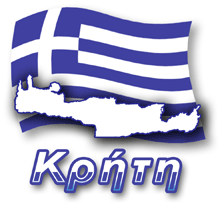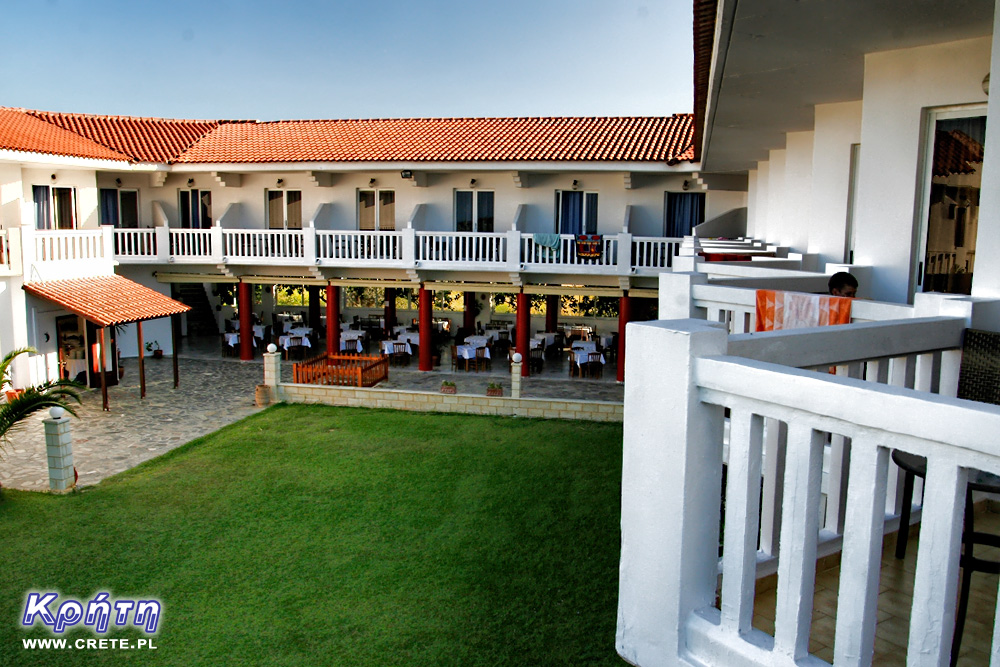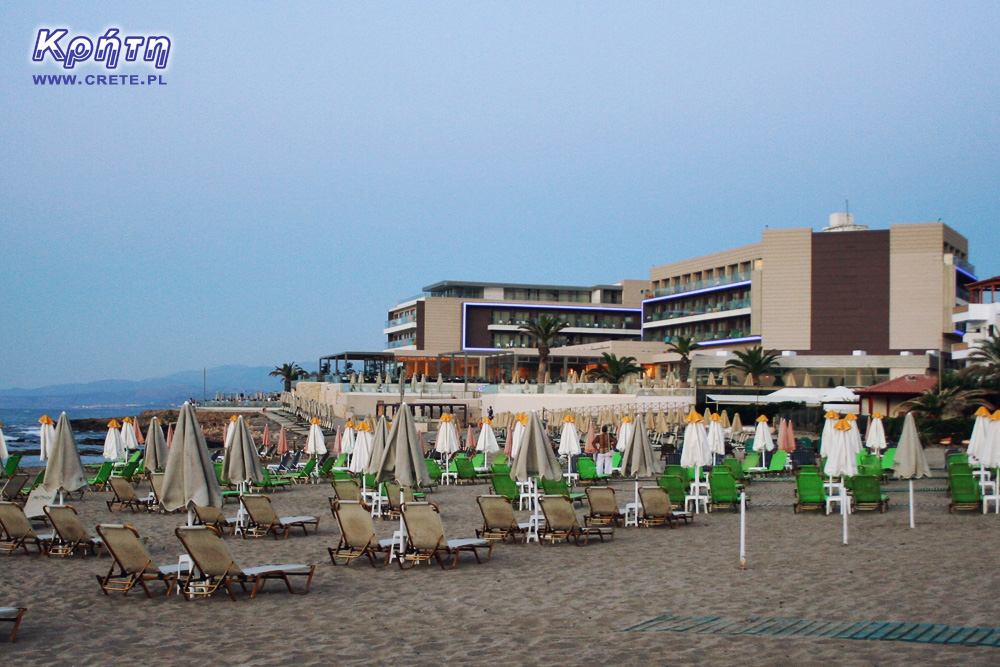
 2018-11-26 19:11:43
2018-11-26 19:11:43
An interesting report on the Greek tourism industry has recently been published by the well-known consulting company PwC (PricewaterhouseCoopers). In the publication titled "Tomorrow's Day of Greek Tourism", the position and profitability of companies operating in the hotel services sector was analyzed and the authors tried a few conclusions on the possible future of Greek tourism.
This report was developed by analyzing data obtained from 1258 hotels, in the case of which revenues exceeded more than € 1 million annually. Therefore, the smallest buildings and guest houses were not included in the list. The analysis also did not include reservations that were made using alternative platforms such as Airbnb.
At the outset, it is worth noting that according to the analysis prepared by PwC, companies operating in this sector can be assigned to two most numerous groups. In one of them there are hotels called "stars" that have been recording steady revenue growth and high profitability for many years. At present, these types of companies account for about 50% of all those operating in this sector. The second group of hotels are those that are called very eloquently as "zombies". These are companies with the lowest revenues and with negative or zero profitability. Some of them are also characterized by unbalanced indebtedness, which can be a measurable threat to further functioning. These hotels account for nearly 25% of all those operating in Greece.
The next group are hotels known as "grays". These are objects characterized by relatively good financial results, which, however, differ significantly from "stars". It is in these facilities that PwC sees some of the possibilities for the further development of Greek tourism. For these hotels, further financial stability and modernization are required. This should be a step taken before proceeding with further investments.
However, the PwC report emphasized that hotels in Greece are generally competitive on the international stage.

It turns out that nearly 85% of total tourist traffic in Greece is served by 5 regions referred to as 'major destinations'. This group includes: South Aegean Sea, Crete, Ionian Islands, Central Macedonia and Attica. It is worth emphasizing here that usually in these regions there are hotels known as 'stars'.
The PwC report also emphasized that for three regions: Crete, the South Aegean Sea and the Ionian Islands, it is already possible to talk about shortages of the accommodation base at this time. According to PwC, over the next 5 years, approximately 90 completely new facilities should be built in these regions to meet the demand approaching the maximum capacity. At the peak of the 2017 season, Crete occupied an occupancy rate of 91.8%.
About 83% of the accommodation base among all hotels in Greece were those whose standard of accommodation was defined as 4 or 5 stars. A large part of this group were objects in which at the same time can rest more than 300 guests. Generally, in the entire accommodation base of this type, large buildings constitute as much as 65% of the total.

The tourism sector in Greece, as well as in other countries, is characterized by its cycle of growth and decline of interest. Analysts determine the length of such a single stage for about 5 years. Their length usually results from a combination of several factors. The most important among them is the economic situation of individual countries and competition between individual destinations.
At the moment, Greece is at the peak of the current cycle of increases. The PwC report emphasized that in the next years the threat of stopping the growth of tourist traffic will grow. Certainly the results of Greek tourism will also be influenced by how much the hotels in the city adapt their offer to the needs of tourists.
Komentarze
Wypełnij poniższy formularz aby dodać komentarz
lub kliknij w poniższy link aby skorzystać z możliwosci komentowania przez facebooka:
https://www.facebook.com/crete.poland/posts/10155852740192551